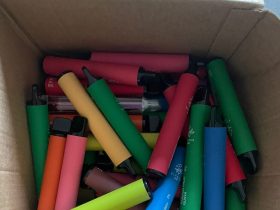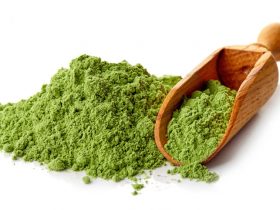In a manufacturing or industrial setting, a calibration technician manages, fixes, and maintains machinery and equipment. Some calibration technician only do in-house work, and some technicians do most of their work at customers’ locations.
An expert in the use of testing and calibrating equipment like oscilloscopes, callipers, pressure gauges, and temperature controls is essential for the work of a calibration specialist. Comprehending electricity and electrical circuits is expected, as is familiarity with worldwide ISO standards. Technicians are needed to write service reports and precisely record the replacement and repair of parts, in addition to setting up test equipment and troubleshooting components.
The responsibilities and duties of a Calibration Technician:
- Calibrate, maintain and repair instruments and equipment following standard operating procedures and other moderately complicated tasks.
- Maintained records of the calibration procedure and provided necessary reports.
- Please ensure everything from the items to the extras they come with is calibrated and approved.
- Oversee the maintenance and adjustments of all measuring and assessing gear, including general purpose.
- Each software and firmware on client computers must be streamlined and updated.
- Perform any necessary calibrations.
- Control the amount of work you have to meet your production goals on time.
- For both internal and external clients, you’ll need to work in tandem with manufacturing and engineering.
- Get ready with all required paperwork for various tasks.
- Keep an eye on everything that needs doing at work, and get it done promptly without sacrificing quality.
- Create any necessary certificates and notifications for the calibration process.
- All tooling equipment must be inspected and calibrated using electronic and pressure equipment to ensure precision.
- Keep track of inventory and ensure that all tooling comes from reputable sources.
- Help out with resolving issues and fixing broken precision equipment across departments.
- Collect all of your calibration data and write it down.
How to Get into the Field of Calibration Technology?
It takes hard work, commitment, and the necessary credentials to get a job in your desired field after deciding on a professional path and learning how to become the person you aim to be.
After deciding on a career path, you’ll want to educate yourself on what it takes to become a Calibration Technician.
If you’re considering a career as a Calibration Technician, taking stock of the training and certifications you’ll need is essential. Consider the job’s requirements, personal preferences, and ideal way of life to determine whether you have a suitable personality for the position.
If you want to achieve your professional goals, you also need to think about how many jobs you’ll need and how long it will take you to get there.











